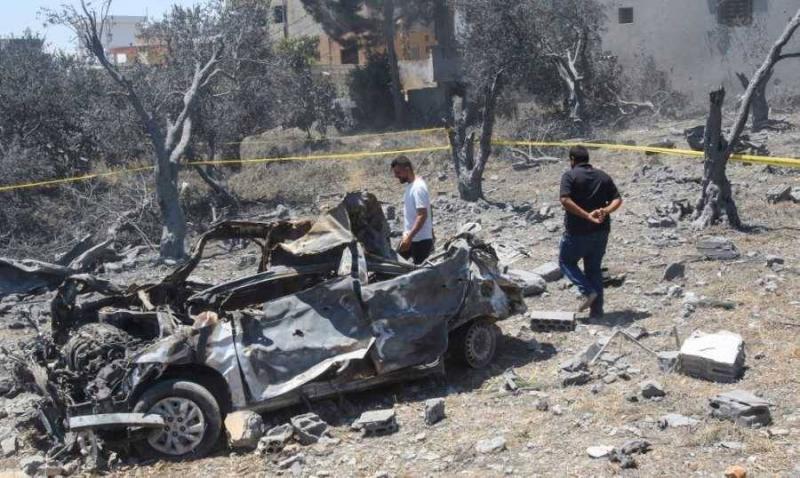The likelihood of achieving a ceasefire in the ongoing Israeli military operations against Lebanon, initiated on September 23, appears elusive despite intensified Lebanese diplomacy and international efforts. Sources suggest Israel is correlating the ceasefire in both Gaza and Lebanon to conditions involving Hamas' release of captives from the Al-Aqsa offensive.
This linkage mirrors a past rejected proposal from Hezbollah, which opened a supportive front in southern Lebanon on October 8, 2023. Lebanese Parliament Speaker Nabih Berri leads indirect negotiations with Israel through U.S. mediator Amos Hochstein, backed by Acting Prime Minister Najib Mikati's diplomatic outreach.
Militarily, Israel's extensive "fire belt" has targeted several Lebanese regions, with intense explosions in southern towns like Deir Siryan and Adaisseh, causing tremors felt across Lebanon to Batroun. The fierce clashes between Israeli forces and Hezbollah fighters contrast with diplomatic movements, including renewed efforts by Hochstein to advance towards enforcing United Nations Resolution 1701.
In a historical comparison, a veteran politician likened the current stage to the 1982 Israeli invasion of Lebanon, noting Hezbollah’s resilience and its strategic patience. He expressed concern over potential Israeli attempts at demographic manipulation, possibly aiming to displace certain Lebanese communities as part of a broader strategic agenda.
Lebanese military experts speculate on Israeli Chief of Staff Herzi Halevi's comments about a possible end to the war within weeks. Potential scenarios include a response to the fierce resistance faced and significant losses endured after over a year of intense combat, the possibility of Israel enforcing a siege on southern Lebanon, and maintaining aerial dominance while escalating destruction.
Alternatively, Israel might adjust its military tactics, advancing from Shebaa Farms in the east and via the west coast to concentrate efforts on Lebanon’s central sector. Israel could also impose a blockade on Lebanese ports and airports, a strategy suggested by several Israeli officials who urged Lebanese citizens to stockpile food supplies.
This ongoing situation continues to challenge diplomatic efforts and raises serious humanitarian concerns as the conflict in the region deepens.



